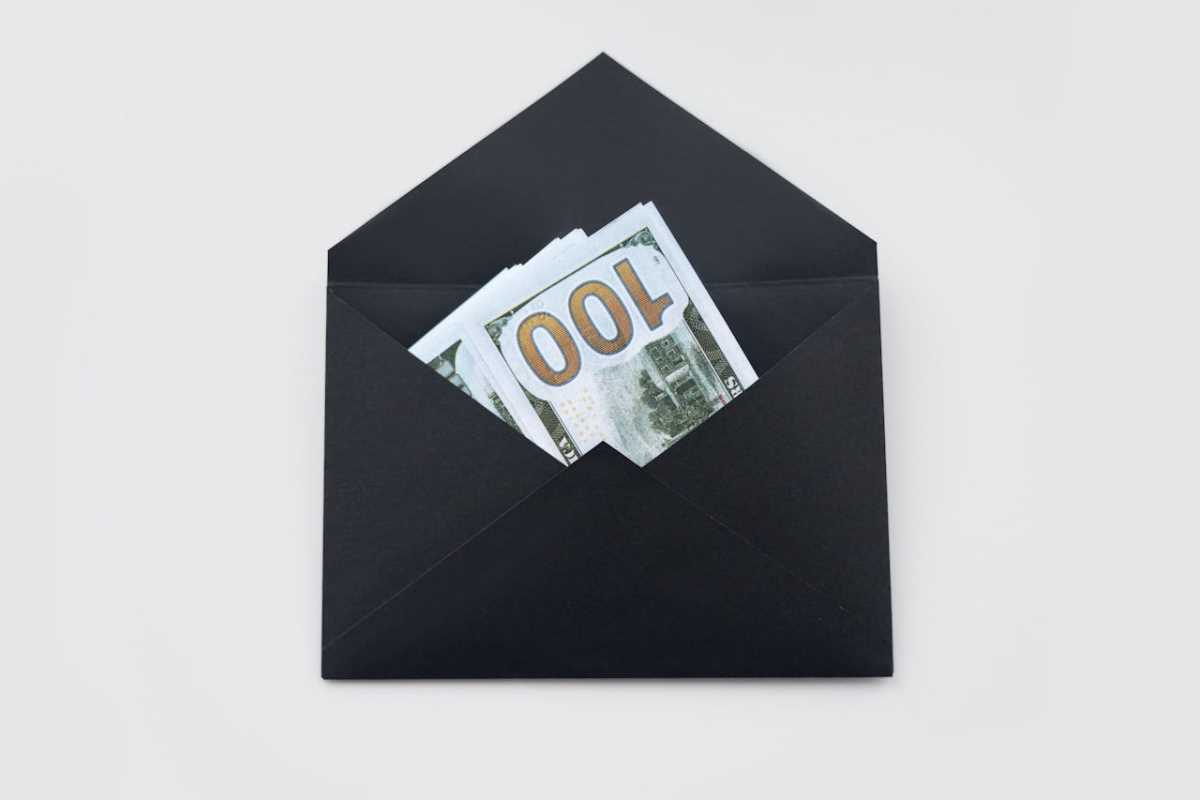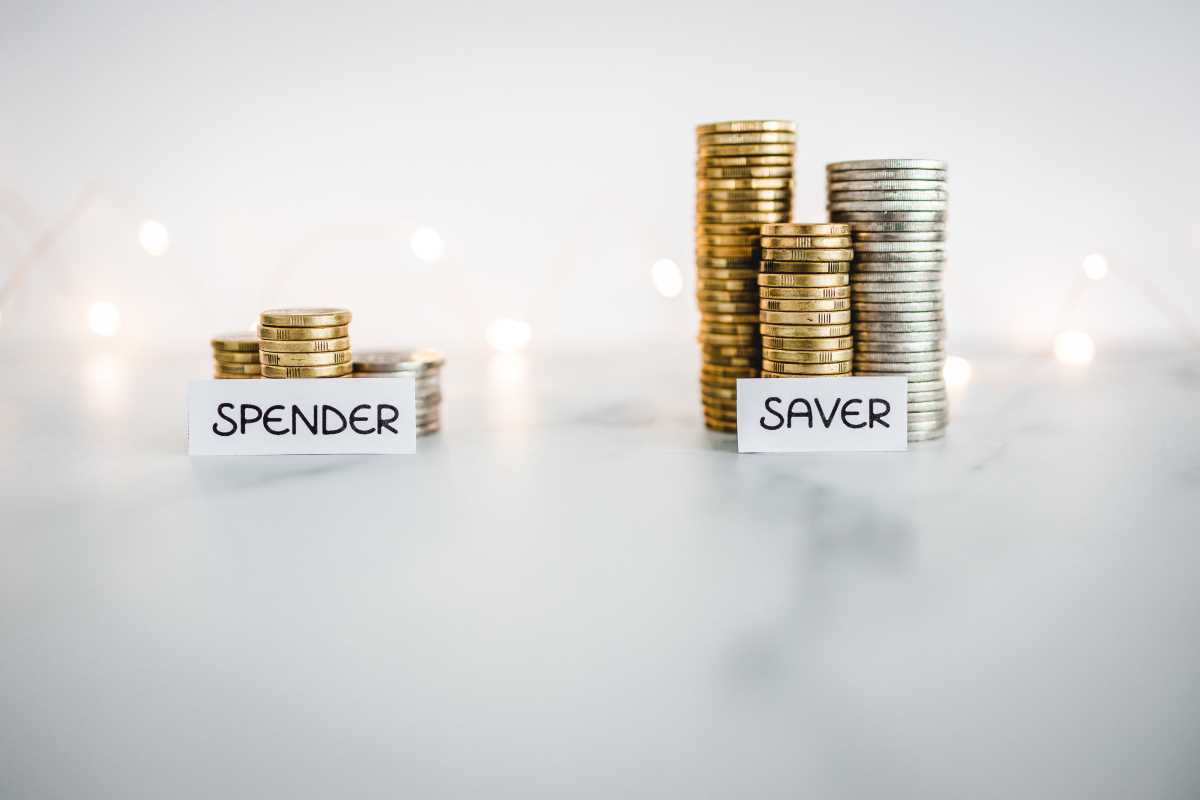Building a savings account can feel like a slow, uphill climb. When you need to find extra cash for an unexpected expense, a big purchase, or just to create a financial safety net, waiting years isn't an option. The good news is that you don't need a massive raise or a winning lottery ticket to make a difference. With a few smart adjustments, you can free up cash in your budget faster than you think.
1. Conduct a Subscription Audit
From streaming services and workout apps to meal kits and monthly boxes, subscriptions can quietly drain your bank account. What seemed like a small $10 monthly fee can add up to hundreds of dollars per year for services you barely use. It's time to review them.
- How to do it: Go through your bank and credit card statements from the last three months. Make a list of every recurring charge. For each one, ask yourself: "Did I use this in the last month?" and "Does this bring me real value?"
- Take action: Be ruthless. Cancel anything you forgot you had or no longer need. For services you want to keep, check if you can switch to a cheaper tier or an annual plan to save money. This single step can often free up $50 to $100 per month.
2. Implement the 48-Hour Rule for Purchases
Impulse buying is one of the biggest budget wreckers. That rush of excitement from an unplanned purchase quickly fades, but the cost remains. The 48-hour rule is a simple but effective way to curb this habit.
- How to do it: Whenever you feel the urge to buy a non-essential item over a certain amount (say, $50), stop. Add the item to a "wish list" or your online cart, but don't check out.
- Take action: Wait for two full days. After 48 hours, reconsider the purchase. More often than not, the initial excitement will have worn off, and you'll realize you don't actually need it. This small delay helps separate a fleeting want from a genuine need.
3. Master the Art of Meal Prepping
Eating out, ordering delivery, and even last-minute grocery runs for dinner can add up incredibly fast. Taking control of your food budget is one of the quickest ways to save money. Meal prepping is your secret weapon.
- How to do it: Dedicate a few hours one day a week (like Sunday afternoon) to plan and prepare your meals for the week ahead. This could mean cooking full meals, chopping vegetables, or portioning out snacks.
- Take action: Plan your meals around sale items and what you already have in your pantry. A simple plan for lunches and dinners can easily save you over $100 a week compared to buying food on the go. Plus, you’ll likely eat healthier.
4. Sell What You Don't Use
Chances are you have valuable items sitting around your home collecting dust. Old electronics, clothes you no longer wear, furniture, and forgotten hobbies can all be turned into cash.
- How to do it: Go through one room at a time and create a pile of items you haven't used in the past year. Be honest with yourself about what you truly need.
- Take action: Use platforms like Facebook Marketplace, Poshmark, or Mercari to sell your items. For a quick win, take high-quality items to a local consignment shop. This not only puts cash in your pocket but also declutters your space.
5. Negotiate Your Monthly Bills
Many of your recurring bills, such as for your cell phone, cable, internet, and even car insurance, may be negotiable. Companies want to keep you as a customer, and a simple phone call can often lead to significant savings.
- How to do it: Research what competitors are offering for similar services. Then, call your provider’s customer service line and ask to speak with the retention or loyalty department.
- Take action: Politely explain that your bill is too high and that you are considering switching. Mention the competitor's offer. Ask if there are any promotions, discounts, or new plans available that could lower your monthly payment. Many people save $20-$50 per month just by asking.
6. Pause Your Savings Contributions (Temporarily)
This might sound counterintuitive, but if you have high-interest debt, like from a credit card, pausing your regular savings contributions for a short period can help you save money fast. The interest you’re paying on debt is likely much higher than the interest you're earning in a savings account.
- How to do it: Identify any debt with an interest rate above 10%. Credit card debt is the most common example.
- Take action: For one to three months, redirect the money you would normally put into savings toward paying down this high-interest debt. Once it's paid off, you'll have freed up that monthly payment amount for good, and you can resume saving at an even faster rate.
7. Try a "No-Spend" Challenge
A no-spend challenge is a designated period—a weekend, a week, or even a month—where you only spend money on absolute essentials. This means no dining out, no shopping, no entertainment, and no impulse buys.
- How to do it: Define your rules. Essentials typically include rent/mortgage, utilities, groceries (with a strict list), and transportation to work.
- Take action: Get creative with free activities. Raid your pantry for meals, explore local parks, visit the library, or have a movie marathon at home with films you already own. A no-spend week can reset your spending habits and show you just how much you can save when you're mindful.
8. Automate Your Savings
The most effective way to save money is to make it automatic. "Paying yourself first" means setting up a transfer to your savings account on the same day you get paid. This way, the money is gone before you even have a chance to spend it.
- How to do it: Log in to your online banking portal. Set up a recurring, automatic transfer from your checking account to your savings account.
- Take action: Start with an amount that feels manageable, even if it's just $25 per paycheck. The goal is to build the habit. As you use the other tips on this list to free up cash, you can increase the transfer amount and watch your savings grow effortlessly.
.jpg) (Image source: Midjourney)
(Image source: Midjourney) 





